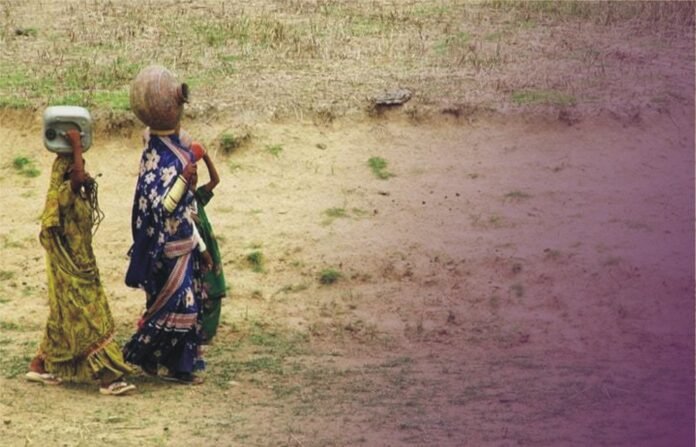Climate change is an unprecedented global catastrophe with uneven repercussions. The 2022 Pakistani floods showed a worrying trend: women were disproportionately affected. From health issues to economic disparities, climate change has huge gendered implications that are typically disregarded.
Rising Disasters and Gendered Risks
The 2022 Pakistan floods showed how climate-induced disasters are becoming more frequent and intense. These events highlight Pakistan’s systemic and institutional weaknesses, demonstrating its inability to handle crises. Every rainy season delivers stark reminders of these disasters. Women are typically overlooked in disaster response narratives.
Health Disparities from Climate Change
Women carry more following climate calamities, according to evidence. Their sexual and reproductive health (SRHR) is fragile. Disasters damage healthcare infrastructure and supply chains, leaving women without sanitary kits, pregnancy care, newborn health facilities, and contraceptives. UNICEF reports that over 70% of humanitarian situations affect women and children, with reproductive-age women making up a large portion.
In 2022, 650,000 flood-affected pregnant women had serious health issues. The demolition of 1,915 health institutions worsened these concerns, causing serious health issues. Climate change-induced high temperatures interrupt menstrual cycles and damage maternal and neonatal health, increasing stillbirths and other risks.
Economic and Social Effects Beyond Health
The gendered costs of climate change go beyond health. Financial difficulties put displaced women in improvised disaster relief camps at danger of underage marriage. Climate migrants are more susceptible to GBV, sexual abuse, and sex trafficking. After the 2022 floods, 8.3 million women lived in disaster shelters, experiencing increased risks and limited support.
Gender-Inclusive Climate Action Steps
Gender-inclusive policies have progressed despite obstacles. National Climate Change Policy 2021 and Climate Change Gender Action Plan 2022 strive to mainstream gender and intersectional approaches in climate adaptation and mitigation. These policies highlight women’s needs and viewpoints in decision-making.
The Way Forward: Long-Term Solutions Investment
Climate change must be recognized as a public health crisis to address gender and health disparities. Climate debates and decision-making must include women as change agents. Pakistan must implement and monitor its Gender Action Plan (2022) to become climate-resilient.
National adaptation measures that prioritize women and intersectionality must be funded long-term. Women’s particular healthcare and SRHR demands during catastrophes can help achieve climate justice and close the gender gap.
Final thoughts: Climate-resilient Future
The gendered effects of climate change in Pakistan need immediate and persistent attention. We can create a more resilient and equitable future by including women in climate action plans and meeting their needs. Investing in gender-sensitive climate solutions is essential for climate justice and future security.



